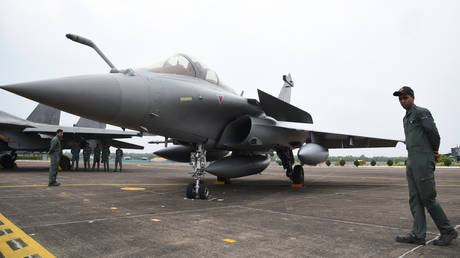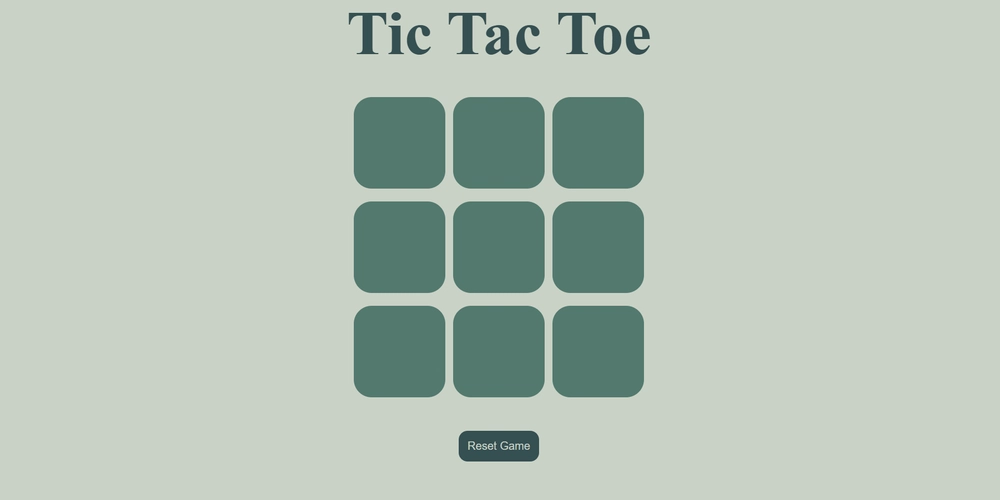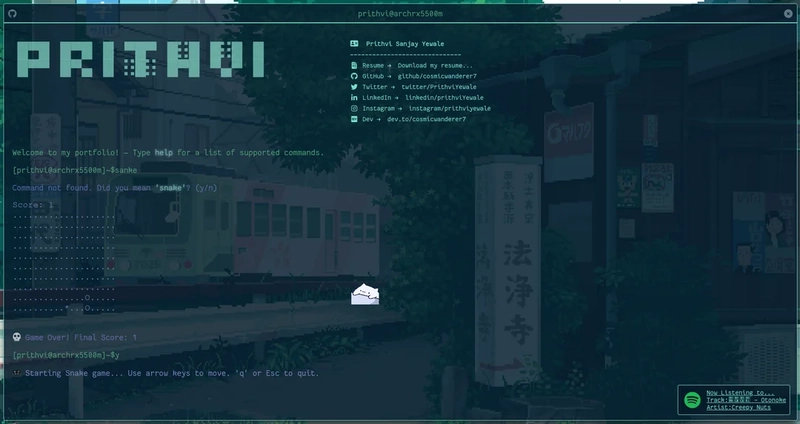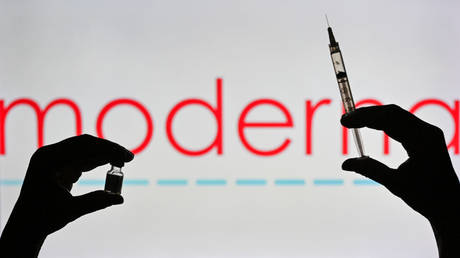Vietnam War is least-supported conflict on 50th anniversary of Saigon’s fall: Poll
Fifty years after the fall of Saigon, a new poll found the Vietnam War remains the least-supported conflict of the major American wars of the past century. The Emerson College Polling/Nexstar Media poll showed that sentiment is felt even more strongly among those who fought in the war than the general public, with 46 percent...

Fifty years after the fall of Saigon, a new poll found the Vietnam War remains the least-supported conflict of the major American wars of the past century.
The Emerson College Polling/Nexstar Media poll showed that sentiment is felt even more strongly among those who fought in the war than the general public, with 46 percent of Vietnam veterans saying they don’t believe it was justified and 41 percent saying they believe it was.
Among adults, the poll showed the Vietnam War is viewed as the least-justified war, with 44 percent saying it wasn’t and 29 percent saying it was. Just more than a quarter said they were unsure.
The results came ahead of the 50th anniversary of the fall of Saigon in what was South Vietnam on April 30, 1975, when the war officially concluded. The United States completed its withdrawal from the conflict in 1973.
Perceptions of the war became increasingly poor as it carried on and as the U.S. and ally South Vietnam struggled to defeat the communist forces. It is one of the few wars in U.S. history the country didn’t win.
Tensions were particularly sparked at home following the 1971 publication of the Pentagon Papers, a multidecade study that analyzed decisionmaking across several presidential administrations regarding Vietnam. It revealed multiple administrations had misled the public about the status of the war, in particular former President Lyndon B. Johnson’s.
World War II is clearly seen as the most justified American war of the past century, with two-thirds of respondents saying backing it and 10 percent opposed.
The Korean War places second, with 36 percent saying it was justified and 22 percent saying it wasn’t. The Persian Gulf War is just behind the Korean War in third.
Perceptions of the wars in Afghanistan and Iraq are more mixed. Slightly more say the war in Afghanistan was justified, 41 percent to 35 percent, while roughly an even split is seen regarding the Iraq War, 38 percent saying it wasn’t justified to 37 percent saying it was.
But the conflict in Vietnam, in which the U.S. supported South Vietnam against the communist North Vietnam from the late 1950s to early 1970s, clearly remains the least popular. A majority of adults, 62 percent, said the U.S. should have stayed out of the war, while 38 percent said getting involved was the right decision.
Pollsters also found an age gap in how respondents viewed this question. Older generations, who were alive while the war was going on, more clearly say the U.S. should have stayed out than younger generations.
Close to or more than 70 percent of people aged 50 to 59, 60 to 69, and 70 and older said the U.S. shouldn’t have gotten involved. Just more than 60 percent of those 40 to 49 said the same, but those 18 to 29 and 30 to 39 are almost evenly split.
A difference is seen based on political ideology, but respondents across the spectrum remained skeptical of the war. Seven in 10 Democrats, almost two-thirds of independents and just more than a majority of Republicans said the U.S. should have stayed out of the war.
Many Vietnam veterans faced poor treatment by the public over their participation in an unpopular war that sparked nationwide protests for years. But the poll showed 78 percent of veterans said they feel they haven’t been treated well by the U.S. government.
They gave decent marks to the Department of Veterans Affairs’s work to support veterans, with 40 percent saying it’s doing a good job and 35 percent rating its performance as fair. Only 13 percent each said it’s doing excellent or poorly.
Meanwhile, almost 8 in 10 Vietnam veterans said they believe post-traumatic stress disorder is a major problem among all veterans in the U.S., while 20 percent said it’s a minor problem.
The poll was conducted April 8-11 among 1,000 U.S. adults, including 250 Vietnam War veterans.








































































